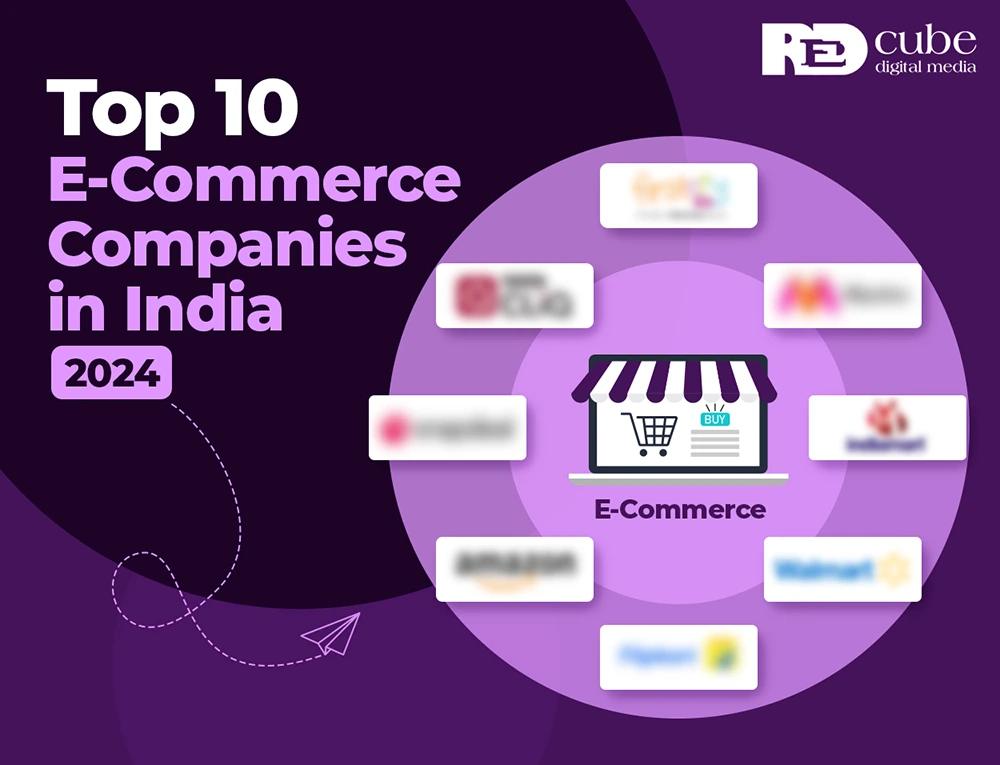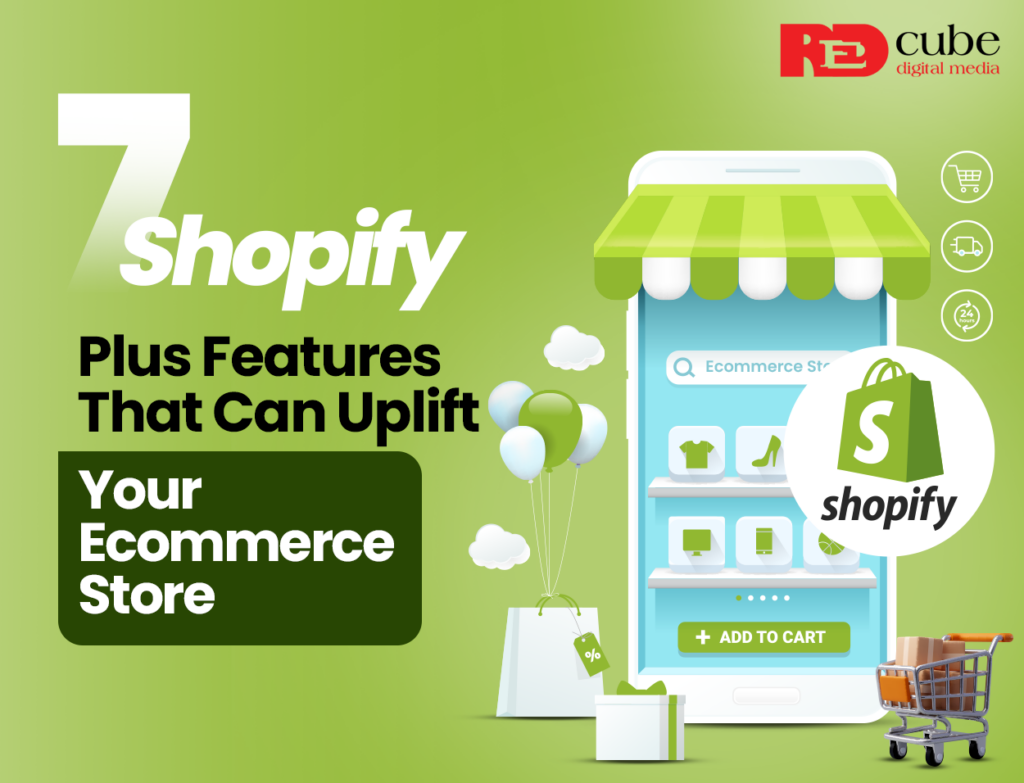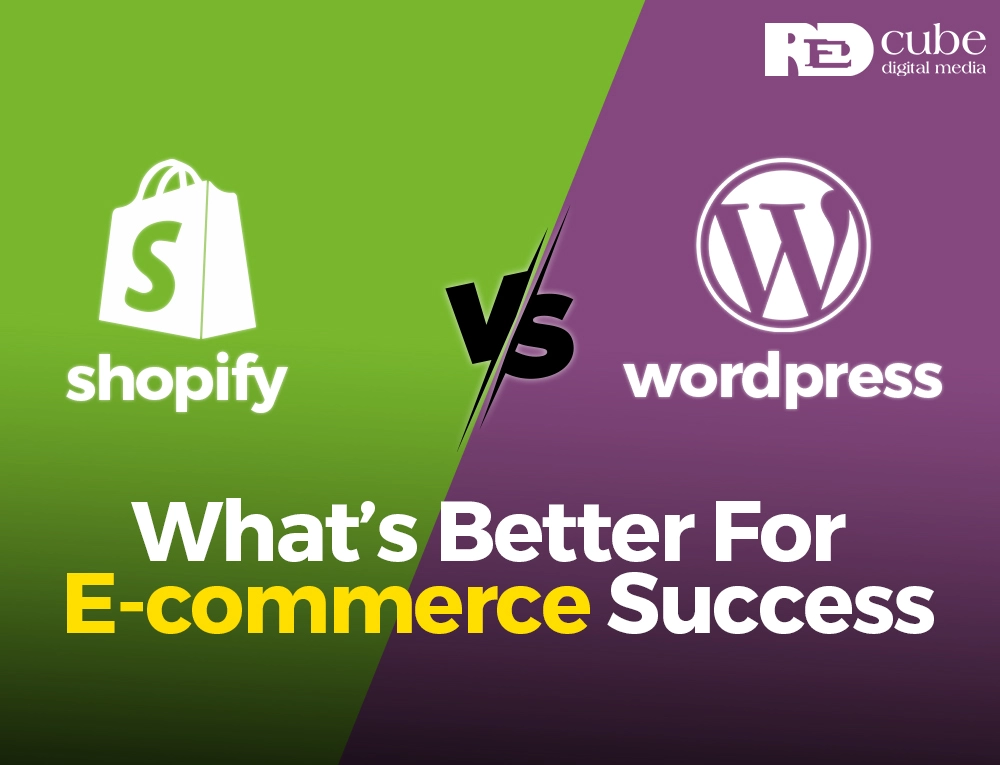Are you ready to immerse yourself in the exhilarating world of online shopping? It is a digital landscape teeming with endless possibilities, where the needs of millions of Indian consumers are catered to by powerful e-commerce giants. As you navigate this dynamic realm, ponder this: What does the future hold for India’s e-commerce industry amidst a skyrocketing internet user base and pervasive smartphone access?
Whether you’re a seasoned online shopper or a newcomer to the digital marketplace, prepare to explore the top 10 e-commerce companies in India for 2024, brimming with invaluable insights to enrich your shopping experiences.
1. Flipkart (Founded: 2007)
Flipkart, a household name in India, boasts the title of the largest e-commerce company in the country. The company offers a vast product catalog encompassing fashion, electronics, home appliances, furniture, and much more.
Flipkart is known for its competitive prices, frequent sales events, and robust delivery network. In 2018, Flipkart was acquired by Walmart, further solidifying its position as a dominant player in the Indian e-commerce market.
2. Amazon India (Founded: 2008)
A familiar name on the global stage, Amazon established its presence in India in 2008 and has become a fierce competitor to Flipkart. Amazon India offers a wide selection of products across various categories, including its own private-label brands.The company is known for its Prime membership program, which provides exclusive deals, free one-day delivery, and access to streaming services.
3. Meesho (Founded: 2015)
Meesho has taken the Indian e-commerce scene by storm with its innovative social commerce model. The platform empowers individuals to become resellers, sharing product catalogs and earning commissions on sales generated through their social networks. Meesho’s focus on affordability and its strong presence in tier-2 and tier-3 cities has contributed to its rapid growth.
4. Myntra (Founded: 2007)
Acquired by Flipkart in 2014, Myntra is India’s leading online fashion destination. The platform offers a curated selection of clothing, footwear, accessories, and beauty products from a mix of established and up-and-coming brands. Myntra is known for its user-friendly interface, personalized recommendations, and frequent fashion-focused sales events.
5. Tata CLiQ (Founded: 2016)
Backed by the Tata Group, one of India’s most trusted conglomerates, Tata CLiQ positions itself as a premium e-commerce platform. The platform offers a curated selection of authentic products across various categories, including fashion, electronics, homeware, and beauty.
Tata CLiQ focuses on providing a seamless shopping experience with assured quality and brand-authorized products.
6. IndiaMart (Founded: 1996)
While not a traditional consumer-facing e-commerce platform, IndiaMart is a crucial player in India’s B2B (business-to-business) e-commerce space. The platform acts as a marketplace connecting manufacturers, suppliers, and wholesalers, facilitating online transactions and fostering trade within India and internationally.
IndiaMart plays a significant role in supporting small and medium businesses by providing them with a digital platform to reach a wider audience.
7. ShopClues (Founded: 2011)
ShopClues offers a wide variety of products across various categories, including fashion, electronics, homeware, and groceries. The platform is known for its competitive pricing and frequent discount offers. ShopClues has faced some challenges in recent years but remains a relevant player in the Indian e-commerce landscape.
8. Snapdeal (Founded: 2010)
Another established player in the Indian e-commerce market, Snapdeal, offers a broad selection of products at competitive prices. The platform has a strong presence in value-conscious markets and caters to a diverse customer base. Snapdeal has implemented strategic partnerships to expand its reach and product offerings.
9. FirstCry (Founded: 2010)
FirstCry is India’s leading online store dedicated to motherhood, baby, and kid products. The platform offers a comprehensive range of products, including clothing, toys, diapers, feeding essentials, and nursery furniture. FirstCry caters to the specific needs of parents and provides expert advice and curated product recommendations.
10. Nykaa (Founded: 2012)
Nykaa has carved a niche for itself as India’s premier online beauty destination. The platform offers a curated selection of makeup, skincare, haircare, and personal care products from both domestic and international brands. Nykaa also offers its own private-label products, which have gained significant popularity among consumers.
Factors Driving India’s E-commerce Boom
Several factors have contributed to the rapid growth of India’s e-commerce sector:
- Increasing internet penetration
- Smartphone adoption
- Evolving consumer preferences
- Robust logistics infrastructure
- Government initiatives
The rising number of internet users in India has created a vast potential customer base for online retailers.
The widespread use of smartphones has made online shopping more accessible and convenient.
Indian consumers are increasingly choosing online shopping for its convenience, wide product selection, and competitive prices.
Investments in logistics and warehousing have improved delivery times and customer satisfaction.
The Indian government’s focus on digital India and e-commerce policies has fostered a conducive environment for online businesses.
Challenges and Opportunities
Despite its rapid growth, the Indian e-commerce industry faces several challenges:
- Logistics and delivery
- Payment infrastructure
- Competition
- Regulatory environment
Ensuring timely and efficient deliveries across the vast Indian geography remains a significant challenge.
Expanding digital payment options and addressing trust concerns related to online transactions is crucial.
The intense competition among e-commerce players can lead to price wars and margin pressures.
Evolving regulations and policies can impact the operations of e-commerce companies.
However, these challenges also present opportunities for innovative solutions and market differentiation. E-commerce companies that can effectively address these challenges and leverage emerging technologies stand to gain a competitive advantage.
The Future of E-commerce in India
The future of e-commerce in India looks promising, with continued growth expected across various sectors. Emerging trends such as social commerce, mobile-first shopping, and voice commerce are shaping the industry. Additionally, the expansion of e-commerce to rural areas and smaller cities presents significant growth opportunities.
The Final Note: Top 10 E-Commerce Companies in India (2024)
India’s e-commerce landscape is dynamic and evolving, with new players and innovations emerging constantly. The top 10 e-commerce companies highlighted in this article represent the current leaders in the industry, but the competitive landscape is likely to change as the market matures.
As a consumer, understanding the key players and their offerings empowers you to make informed choices and maximize your online shopping experience. Stay informed about the latest trends and developments in the e-commerce space to stay ahead of the curve.
Have you had any positive or negative experiences with any of the top 10 e-commerce companies in India? Share your insights and feedback in the comments below!
- What are the most popular product categories on Indian e-commerce platforms?
Fashion, electronics, smartphones, home appliances, and consumer durables are some of the most popular product categories on Indian e-commerce platforms.
- How can I ensure safe online shopping?
Prioritize shopping from reputable e-commerce platforms, use strong passwords, enable two-factor authentication, and be cautious of phishing scams.
- What are the benefits of using e-commerce platforms for businesses?
E-commerce platforms offer businesses a wider reach, increased sales opportunities, cost-effective marketing, and access to valuable customer data.
- What are the challenges faced by small businesses in the Indian e-commerce market?
Small businesses face challenges such as intense competition, logistics and delivery issues, and building brand awareness in a crowded marketplace.



